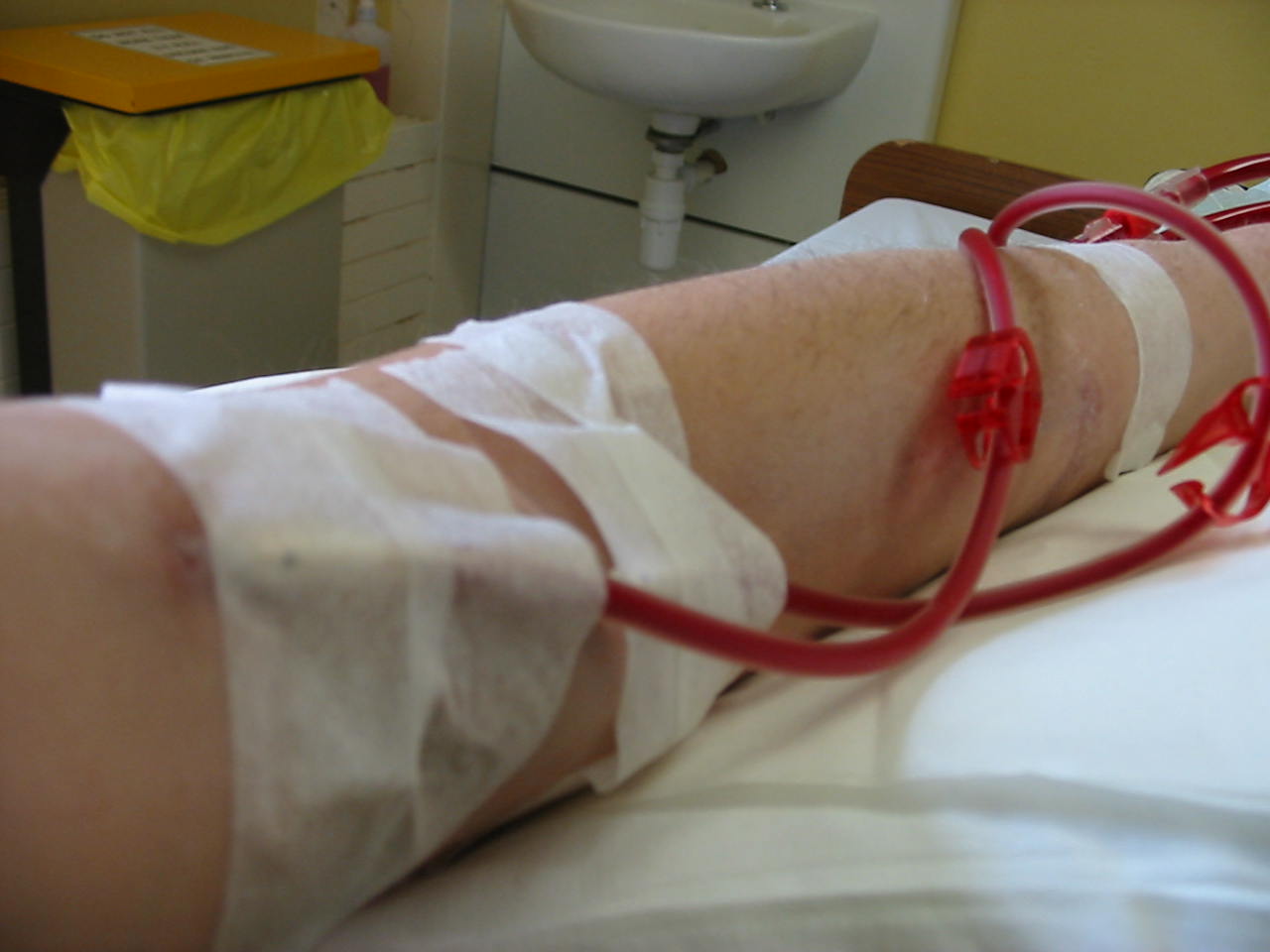

There is a terrific article in this weeks Journal of Pain and Symptom Management by Fliss Murtagh of King’s College in London about the epidemiology of symptoms for patients with advanced renal failure who die without dialysis. This study is important because while we know that patients with advanced renal failure have a limited life expectancy and the average age of initiation of hemodialysis is increasing, we know little about the alternatives to hemodialysis. Specifically, we know nothing about symptoms affecting quality of life among patients who elect not to start dialysis (so called “conservative management” – is this the best label?). This article provides a terrific counterpoint to the article in last years NEJM showing that nursing home residents who initiated hemodialysis tended to die and decline in function (see GeriPal write up here).
The study authors followed patients with the most advanced form of chronic kidney disease (the new name for renal failure). These patients had a GFR of <15 and are typically referred for dialysis. This study focused on the symptom experience in the last month of life for the 49 patients who elected not to initiate hemodialysis and died over the course of the study. Symptom prevalence in the last month of life:
- 42% experienced lack of energy
- 41% itching
- 40% feeling drowsy
- 39% shortness of breath
- 37% difficulty concentrating
- 36% pain
- 35% lack of appetite
- 35% swelling of arms/legs
How do these symptoms compare to the prevalence of symptoms in patients with advanced cancer? The authors nicely make this comparison for us. They do note that there are relatively few studies of symptom prevalence in the last month or fortnight of life, even for patients with advanced cancer. This caused me to a) chuckle “oh, the Brits” and b) google “fortnight” – it means two weeks. Back to the comparison:
- patients dying of renal failure without hemodialysis were more likely to experience itching, drowsiness, and dyspnea in the last month of life than patients with advanced cancer
- prevalence of lack of energy, pain, and lack of appetite are similar
What are the clinical implications and remaining questions?
- I usually tell patients and family members that dying of renal failure is “peaceful.” I say, “you generally become more and more drowsy, and drift off into a sleep from which you don’t wake.” This article challenges those words. While I think the final hours and days may resemble that trajectory, the last month as a whole is actually a time of relatively high symptom burden. Clinicians should attend to these symptoms as aggressively as they do for patients with advanced cancer.
- The degree to which these symptoms were due to renal failure or co-morbid conditions is not clear. These patients were not young healthy folks who refused hemodialysis, they refused because they were elderly (mean age at death 81) and had a high burden of chronic conditions like heart failure. Comorbid conditions may be as great a source of suffering in the elderly as the terminal condition (a very Geriatric perspective).
- We still have no randomized controlled trial of hemodialysis vs. no hemodialysis for elderly patients with multiple chronic conditions. We don’t know if “conservative management” (no dialysis) is actually associated with a shorter time to death as is widely assumed. We don’t know if hemodialysis is associated with a greater burden of suffering, or if (maybe) the trade-offs in terms of reduction in swelling and shortness of breath by using dialysis are worth the hassle, risks, and time spent hooked up to the machine.
Please comment!
by: Alex Smith



